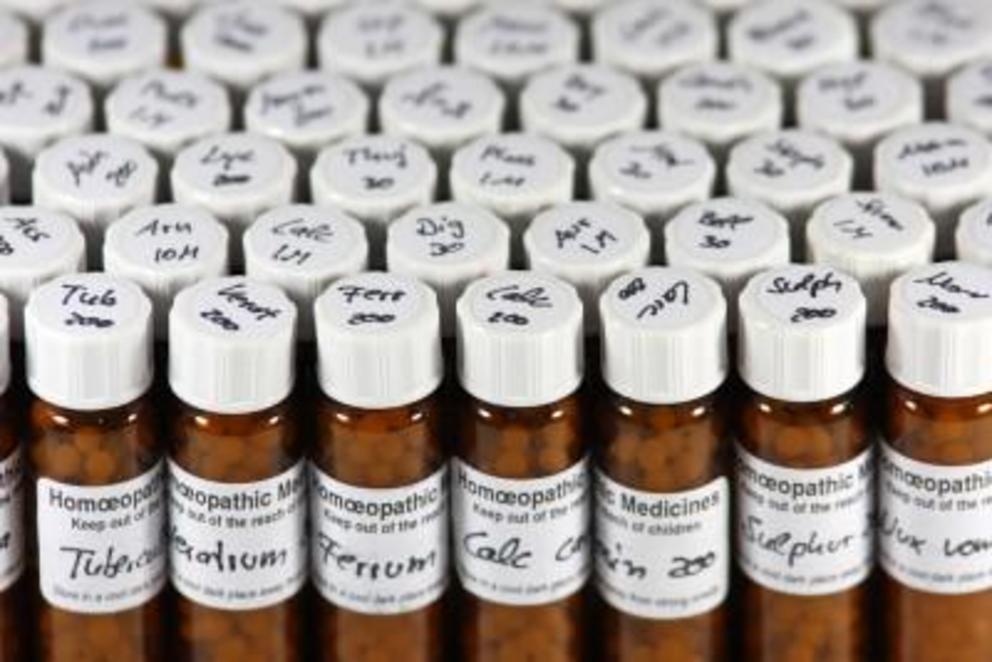FDA moves against Homeopathic products
Federal regulators are changing certain rules that govern homeopathic products, providing a new emphasis on regulating products that could potentially harm users.
On October 24, the FDA issued a press release announcing a revised draft guidance on risk-based enforcement for homeopathic products. The agency also announced it was withdrawing a Compliance Policy Guide it says was limiting its enforcement of homeopathic products it deemed dangerous to the public.
Homeopathic products are often marketed as natural alternatives to prescription drugs, and are marketed without specific FDA approval. The agency is only able to step in when they are found to be a risk to the public.
The recently announced guidance is a revision of a draft first introduced in 2017, and is meant to provide more information about prioritizing certain categories of homeopathic products. The focus is on products which could pose a higher risk to consumers, including products with higher risk ingredients, those used among vulnerable populations, and those with quality issues.
Additionally, the announcement indicates that the FDA is planning to withdraw the 1988 Compliance Policy Guide, 400.400, which details conditions under which homeopathic drugs can be marketed. The press release indicates the FDA is withdrawing the guide because it is inconsistent with the agency’s risk-based approach to regulatory and enforcement action.
According to the press release, the guide did not address critical factors related to homeopathic drug safety, including the product’s intended use, dosage form, frequency of use, manufacturing quality, intended patient population, and quantity and combination of ingredients.
The new regulatory actions come after the recall of several homeopathic products in recent years, due to health risks.
In 2016, the FDA warned of risks from homeopathic teething tablets and gels due to varying levels of belladonna, a plant that is toxic to humans if consumed in large amounts. The products were eventually recalled and removed from the market.
Earlier this year, the agency issued warning letters to several homeopathic product manufacturers. The warnings were issued for significant violations of current good manufacturing practice regulations to Kadesh Inc., Fill It Pack It Inc., and others that packaged eye drops in non-sterile conditions which could lead to serious eye infections.
Additional warning letters were sent to other homeopathic companies for unsafe manufacturing practices and microbiological contamination in the water systems, including King Bio Inc., Red Mountain Inc., Tec Laboratories, and B. Jain Pharmaceuticals.
Homeopathy is an alternative medicine practice developed in the late 1700s. It is based on the principle that a substance that causes symptoms in a healthy person can be used in diluted form to treat symptoms and illnesses.
Homeopathic drug products are made from a wide range of substances, including ingredients form plants, healthy or diseased animals or human sources, minerals and chemicals, as well as small amounts of known poisons.

